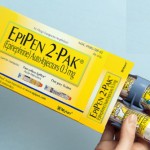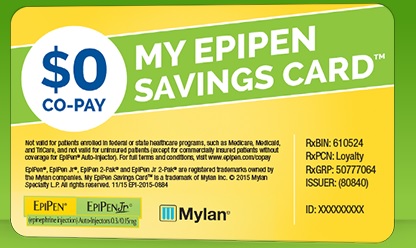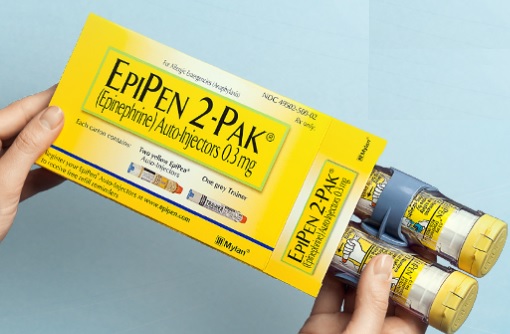EpiPen Maker Lobbied U.S. Preventive Services Task Force
According to a report in the Washington Examiner, drug maker Mylan lobbied the U.S. Preventive Services Task Force to require insurers to pay the full price of EpiPens by deeming the drug delivery device a preventative measure. Under the Affordable Care Act, health plans must cover preventive services 100% without cost-sharing regardless of whether deductibles have been met. EpiPens are used by people with severe allergies who go into anaphylactic shock. They are not used to prevent anaphylaxis, they treat the symptoms once it occurs. For example, under ACA regulations, a flu shot is a preventive medicine. Once you have the flu, seeing your doctor for Tamiflu would be a treatment, not a prevention.








